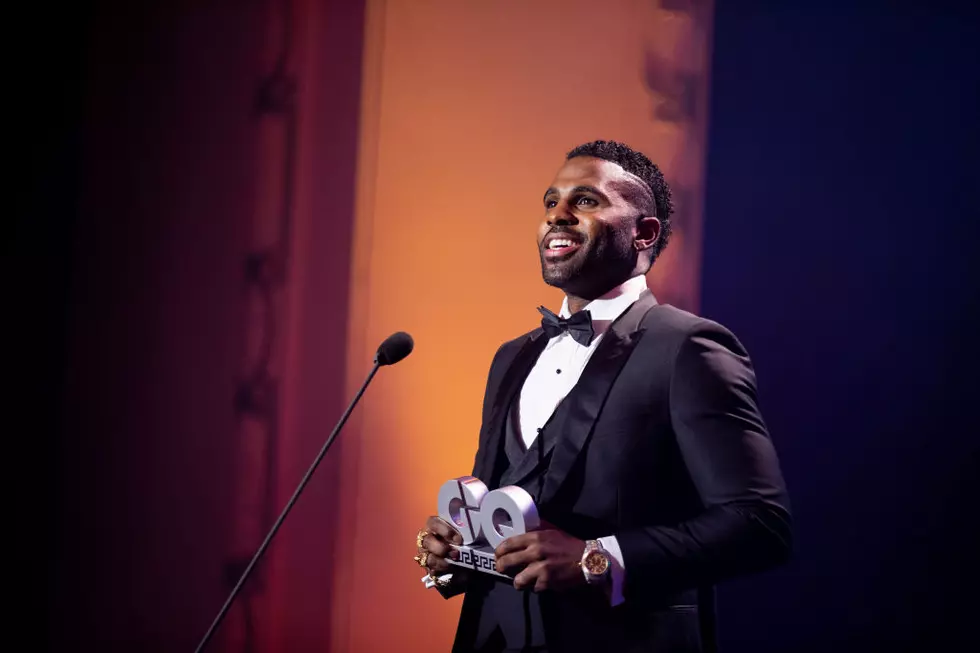
Novak Djokovic Says Going Plant-Based Cleared His Allergies—Here’s His Diet
Now Djokovic goes deeper: In a taped interview, the world's number one ranked player talks about how he made the decision to change his diet back in 2007 when persistent allergies left him frustrated. Then he ranked third and felt like he had tried everything, from changing his workouts to undergoing surgery on his clogged nose to help him breathe better, and nothing helped. His persistent allergies and mild asthma persisted, and it would hit him worse when he was on the court.
He tells interviewer Graham Bensinger that the change dated back to the Australian Open, in 2007 and no matter what he tried–lifting weights, biking for hours, nasal surgery–nothing worked. Then, Dr. Igor Cetojevic, who was watching Djokovic play on television noticed the problem and realized he could help the struggling star. He picked up the phone. This changed everything. He got in touch with Djokovic's family through mutual friends and offered to help the young star by changing his diet, and that led to a journey of success.
As a boy, Djokovic says, he had terrible allergies and would lie in bed and feel like he was suffocating in his bed, he told the interviewer. He was suffering from a mild version of asthma and as he played it started to get worse on the court. "I got stressed because nowhere was this more pronounced than in Australia," the champ explained, and he actually had to drop out of matches due to the fact that he couldn't breathe and it led to him feeling distressed.
"Emotions and expectations and pressure [are heightened on the court], and when you mix it all together you get a formula that is ... you experience major health issues on the court. Because of it, I was retiring matches and it took me a long time to recover.
"Dr. Igor reached out to some friends we had in common and they reached out to my parents and when I met him, I did a couple of sessions and I felt really a big difference. That was when I got used to ... biofeedback. He had all this analysis and overview of my emotional body and physical body and we started slowly taking off layer by layer and going into things related to my health, and of course, the diet was one of the most integral parts of it."
Dr. Ignor ran medical tests and studies on Djokovic, which resulted in a list of food allergies he was reacting to, particularly gluten, dairy, and refined sugar. As a result of the need for dietary improvements, Djokovic eliminated these foods from his diet and immediately felt better, he says.
Eventually, he also stopped eating red meat, and explained how the animal protein slowed him down, saying, "Eating meat was hard on my digestion and that took a lot of essential energy that I need for my focus, for recovery, for the next training session, and for the next match," Djokovic emphasized he does not eat foods that require a lot of digestion, especially in the morning when he needs all of his energy for training. Instead, he starts the day with hot water and lemon, then celery juice, and some superfood supplements.
So what does this tennis superstar now eat? Nutritious plant-based food that provides fuel and energy and plenty of protein, for all of those fans who worry that going plant-based won't provide the protein they need.
Djokovic starts the day with hot water and lemon, then celery juice
The pro tennis star breaks down his average day of eating with interview Graham Bensinger, which consists of three liquids in the morning, hot water with lemon, celery juice, and a green smoothie. He explains the smoothie is full of superfoods, fruit, algae, and healthy supplements, and gives him "mental clarity," and helps allow him to, "feel good." Djokovic notes he eats breakfast on an empty stomach to avoid digesting food before training.
During lunchtime, the 6'3 athlete eats a light salad and enjoys adding "whole grains like quinoa, millet, wild rice, sweet potato, and regular potato, either steamed or boiled." He says, "I like to keep things quite light." Dinner is more of the same.
Here is the full interview. Now you can eat like Novak.
Djokovic credits his diet for improving his post-match recovery
Djokovic credits a plant-based diet for clearing his mind and says that the key to winning matches comes down to confidence. After Djokovic's victorious Wimbledon match in July 2019 against his biggest rival, Roger Federer, the champion sat down with a press interviewer and discussed his diet. Djokovic does not like to label his diet because of the "misinterpretation of the word vegan", instead, he says "I do eat plant-based, and it's been for many years." He goes on to explain how his diet is one of the reasons he recovers well after a high-intensity match. " I don't have allergies that I used to have any more. And I like it."
More From The Beet









